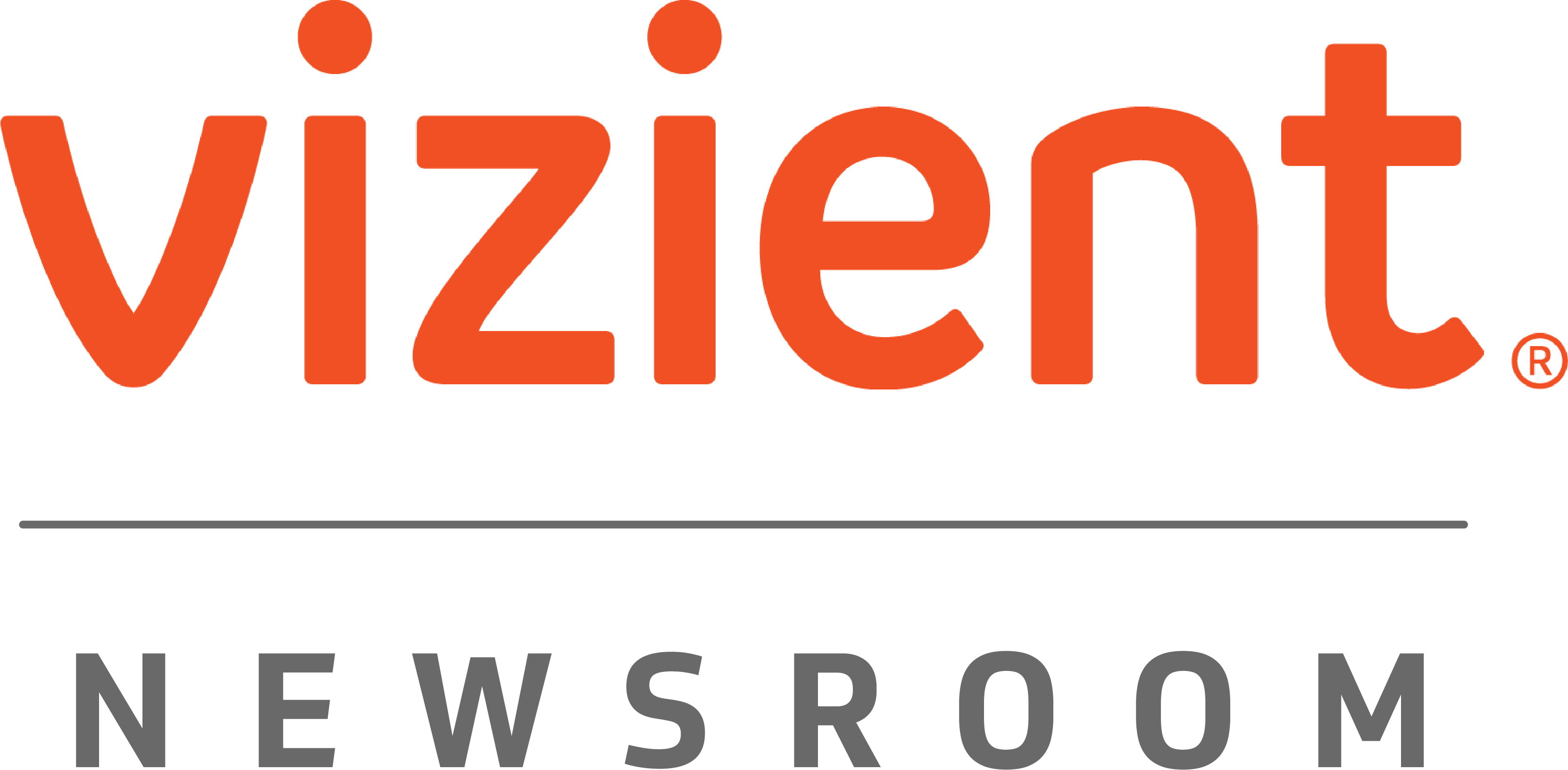- Clinical
- Operations & Quality
Five key strategies to mitigate high-consequence infectious diseases in hospitals
Learn about important action steps hospitals can take to prevent, manage and contain outbreaks of high-consequence infectious diseases such as Ebola, SARS and COVID-19, especially as The Joint Commission has revised its Infection Prevention Standards.
- Operations & Quality
Customer experience isn’t just an expense. It’s a competitive advantage
In today's competitive healthcare landscape, exceptional customer experience is not a nice-to-have, but a crucial differentiator. In his latest blog, Vizient President and CEO Byron Jobe outlines four steps health systems can use to set themselves apart.
- Clinical
- Supply Chain
Standardization of advanced energy devices leads to cost savings, better patient outcomes
While advanced energy is a popular category with versatile solutions that make surgery more efficient and precise, there are challenges, especially around surgeons’ fear of change. Luckily, there are key strategies to overcome advanced energy barriers.
- Clinical
- Operations & Quality
Engaging physicians in your value-based care journey
Physician leadership, involvement and support in the value-based care (VBC) journey is crucial. Learn how organizations create a positive culture and enhance physician engagement for optimal success.
- Clinical
- Operations & Quality
Too much of a good thing: Optimizing cardiac telemetry monitoring
Telemetry, an important tool for continuous monitoring of cardiac and critically ill patients, is often overused as a “second set of eyes” for less serious patients with increased false alarms.
- Clinical
- Operations & Quality
Workplace violence prevention: Supporting inpatient behavioral health bedside staff
While staff working in inpatient psychiatric units are at an increased risk for physical assaults from patients, healthcare organizations can create a healing environment by providing resources and creating a safe workplace.
- Clinical
- Operations & Quality
Introducing TEAM, Medicare’s newly proposed mandatory bundled payment model
Vizient’s Kristin Oberfeld breaks down the who, what and why about the Transforming Episode Accountability Model (TEAM), a new mandatory payment model proposed by the Centers for Medicare and Medicaid Services in the 2025 IPPS Proposed Rule.
- Clinical
- Operations & Quality
Elevating employer-provider relationships: Exceeding employee expectations
By embracing a proactive approach to care management, prioritizing the patient experience, leveraging technology and incorporating value-based care concepts, providers can become indispensable partners in promoting employee well-being.
- Supply Chain
- Clinical
Exploring the four major benefits of standardizing topical skin adhesive protocols
By addressing variation and exploring the unique characteristics of each product, you can achieve managed outcomes, reduced complications, streamlined workflows and cost savings, says Vizient’s Trish Chaloux.
- Supply Chain
Steps to establish sustainability best practices in clinical labs
Sustainable procurement in clinical labs remains in its infancy — but we can, and should, harness the potential of environmental stewardship to evolve current laboratory practices. Vizient’s Mellissa Nguyen and Yoav Einy outline how.
- Clinical
- Operations & Quality
Embracing the future: Refining ambulatory care for enhanced efficiency and revenue
While the urgency for healthcare organizations to remodel their ambulatory care business has never been more critical, two pivotal strategies — process standardization and patient-centric care — can help leaders turn the tide.
- Clinical
- Operations & Quality
Nurturing success: Retaining strategies for newly licensed nurses
In a recent focus group, the Vizient/AACN Nurse Residency Program team uncovered themes that contribute to high levels of support and professional satisfaction, most notably providing stable transitions and creating a healthy work environment.
- Supply Chain
8 (mostly easy) ways to reduce your medical gas spend
As health systems continue to navigate tight margins and seek ways to transform variable expenses, there are some quick wins to be found. Step No. 1? Understand your product supply agreement.
- Clinical
- Supply Chain
Four ways to address ligature risks in patient rooms and beyond
Ligature risk mitigation requires collaboration among stakeholders and adherence to best practices, including comprehensive risk assessments, implementing design solutions, staff training, and ongoing monitoring and evaluation.
- Clinical
- Pharmacy
- Operations & Quality
A chief pharmacy officer in your C-suite: Vital to health system success
Margins are tight everywhere in healthcare, but a hospital’s pharmacy department has a strong capacity to bring value — especially if that organization has an established chief pharmacy officer as part of its C-suite.
- Clinical
- Operations & Quality
How do you compare? Leverage data to optimize your payer positioning and value-based care performance
Vizient’s Tawnya Bosko outlines five strategies for how healthcare providers can use claims, clinical data and benchmarking services to maximize their potential with payers by navigating blind spots and refining improvement efforts.
- Supply Chain
Tap into these four strategies to improve hospital water quality
To ensure patient safety, water quality is key. And there are four main strategies that can help achieve that goal: regular water quality testing, water treatment and technologies, equipment maintenance and calibration, and education and training.
- Operations & Quality
Think like tech: Lessons for healthcare organizations
Is your healthcare organization keeping up with the pace of change? In a world of digital disruption, it's time to think like tech companies and embrace innovative strategies. Explore further insights in Vizient CEO Byron Jobe’s latest blog.
- Clinical
- Operations & Quality
Value-based care disruptors: What can health systems learn from their successes and failures?
By paying attention to how value-based care disruptors are changing the healthcare landscape, system leaders can adapt to their own strategies to share in the reward of increased patient quality care and service at a lower cost.
- Clinical
- Operations & Quality
Improving patient safety: Early recognition and a timely response to clinical deterioration
Vizient’s Tammy Williams shares recommendations on how healthcare organizations can improve patient safety with timely response to clinical deterioration.
- Clinical
- Operations & Quality
Implementing trauma-informed care: A tool to prevent violence in healthcare
Trauma-informed care can be a successful strategy for healthcare organizations to prevent violence by integrating person-centered strategies that prioritize safety, minimize triggers and promote empathy and mutual respect.
- Supply Chain
One size does not fit all: The power of customer segmentation
In today’s highly competitive healthcare landscape, companies that embrace tailored segmentation approaches have witnessed significant gains in sales efficiency and profitability.
- Pharmacy
- Clinical
- Operations & Quality
Navigating the laboratory’s macro- and microeconomic environment
Amid a macroenvironment of inflation and rising healthcare costs, healthcare leaders should carefully assess these microeconomic trends as part of their hospital-based laboratory decision-making throughout 2024 and beyond.
- Clinical
- Operations & Quality
It's time to refresh your value-based care strategy: Six trends to consider
To remain relevant in all aspects of healthcare financing and delivery, leaders should evaluate their value-based care strategies to consider key trends and market conditions.
























